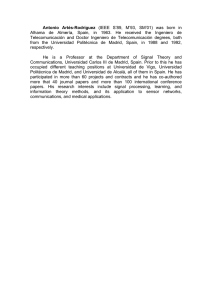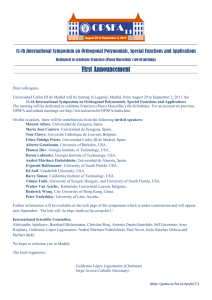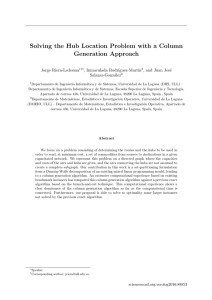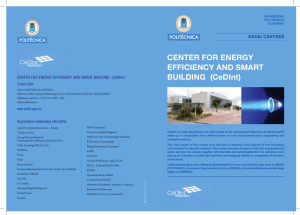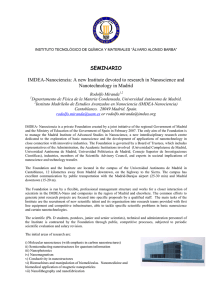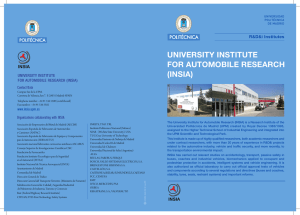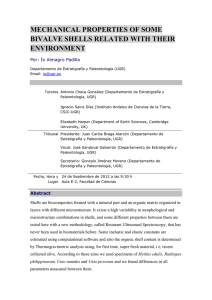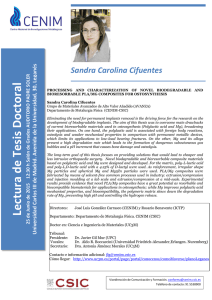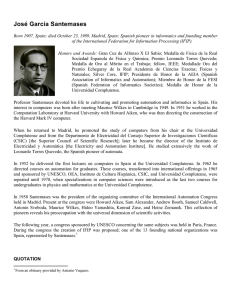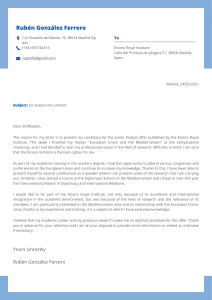An Attempt to Establish a Correspondence between
Anuncio
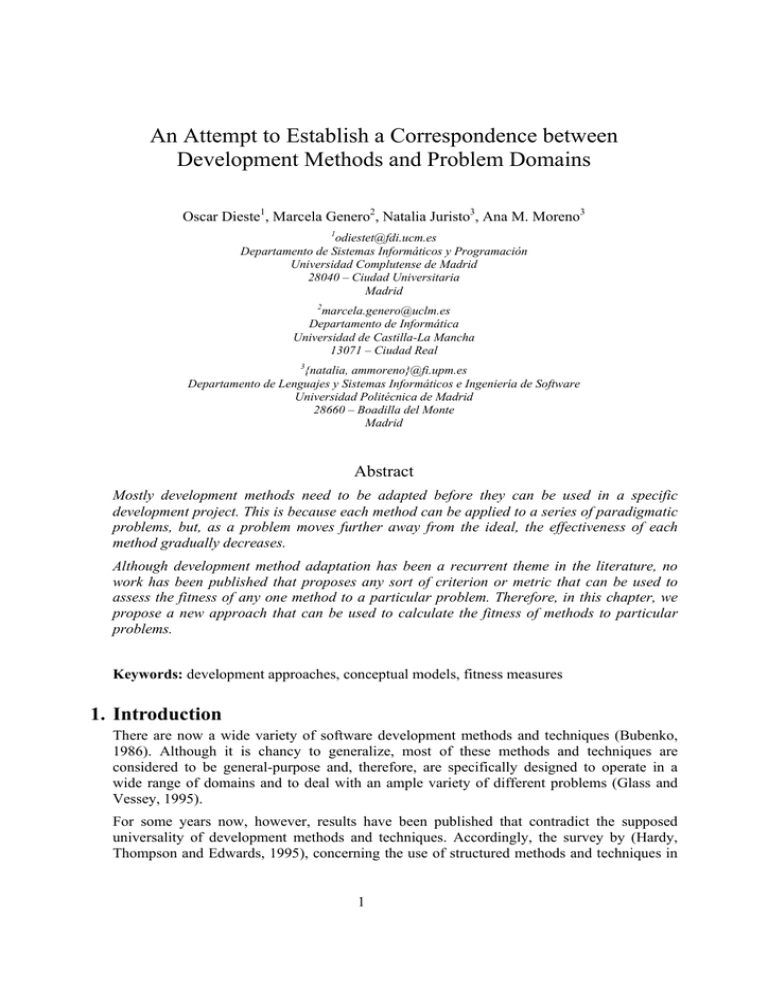
An Attempt to Establish a Correspondence between Development Methods and Problem Domains Oscar Dieste1, Marcela Genero2, Natalia Juristo3, Ana M. Moreno3 1 [email protected] Departamento de Sistemas Informáticos y Programación Universidad Complutense de Madrid 28040 – Ciudad Universitaria Madrid 2 [email protected] Departamento de Informática Universidad de Castilla-La Mancha 13071 – Ciudad Real 3 {natalia, ammoreno}@fi.upm.es Departamento de Lenguajes y Sistemas Informáticos e Ingeniería de Software Universidad Politécnica de Madrid 28660 – Boadilla del Monte Madrid Abstract Mostly development methods need to be adapted before they can be used in a specific development project. This is because each method can be applied to a series of paradigmatic problems, but, as a problem moves further away from the ideal, the effectiveness of each method gradually decreases. Although development method adaptation has been a recurrent theme in the literature, no work has been published that proposes any sort of criterion or metric that can be used to assess the fitness of any one method to a particular problem. Therefore, in this chapter, we propose a new approach that can be used to calculate the fitness of methods to particular problems. Keywords: development approaches, conceptual models, fitness measures 1. Introduction There are now a wide variety of software development methods and techniques (Bubenko, 1986). Although it is chancy to generalize, most of these methods and techniques are considered to be general-purpose and, therefore, are specifically designed to operate in a wide range of domains and to deal with an ample variety of different problems (Glass and Vessey, 1995). For some years now, however, results have been published that contradict the supposed universality of development methods and techniques. Accordingly, the survey by (Hardy, Thompson and Edwards, 1995), concerning the use of structured methods and techniques in 1
